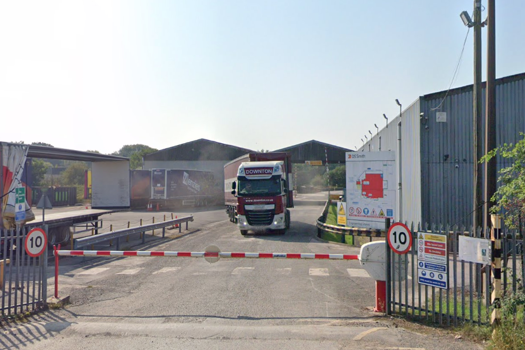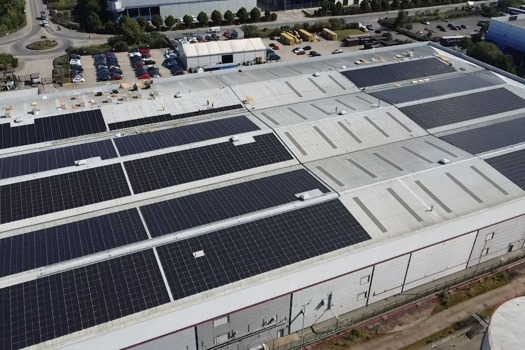The mill is located south of Dortmund, at Hagen in North Rhine-Westphalia.
Kabel began preliminary insolvency proceedings in early March, overseen by administrator Peter Neu of ATN d'Avoine Teubler Neu Rechtsanwälte, with the hope of emerging under fresh investment.
However, despite restructuring that reduced the workforce to around 430, and interest from a number of potential investors, a buyer could not be found. The firm had previously employed 600, according to its 2023 Environmental Report, and had many long-serving employees.
Kabel ran two paper machines and has a wood grinding mill and pulping facility, and a 50% share in a neighbouring biomass generator.
Annual capacity was around 450,000 tonnes, with the firm making a range of papers for graphic, packaging, and book printing.
Brands included a range of LWC wood-containing papers encompassing TerraPress, TerraPrint. NeoPress and the “almost woodfree” ArtiPress targeted at the gravure and web offset markets, which have experienced substantial declines in volumes in recent years.
The mill had attempted to diversify, with the production of Kabel Creamy Book for book printing; and TerraLine and ArtiLine for flexible packaging, labels, and topliner use.
International sales director Riccardo Spataro said that last year the mill increased production volumes by 12% despite the decline in some of its core markets, and made around 230,000 tonnes of paper.
“Considering the market decline the effective growth was 25%-30%,” he said.
However, pricing was not high enough to close the gap and mitigate the impact of rising energy and raw materials costs, putting strain on cashflow.
Kabel’s finances were too weak for the business to hedge its energy bills, so it was “totally affected” by spiking energy prices in Germany.
“We achieved 100% order fulfilment during March, April and May and all our customers supported us, but not with the volumes required due to uncertainty about the situation,” Spataro added.
“This is a really family-driven company and there is a very deep and sad mood about the situation. It’s a real shame and a pity.”
Just over 60% of sales were historically to the DACH markets of Germany, Switzerland and Austria, with UK sales handled by a variety of partners for different product types.
Kabel mill was acquired by Feldmühle Group in 1959, and was subsequently taken over by Stora (subsequently Stora Enso) in 1990.
In 2016 Stora Enso divested the mill, and it was acquired by newly-formed investment group Hagen-Kabel Pulp & Paper. The mill’s Environmental Report described the ownership as being “two family offices in Hanover”.
A small team will be retained to manage an orderly shutdown at the site, and the sale of its assets.
Formal insolvency proceedings will begin on 1 June.








